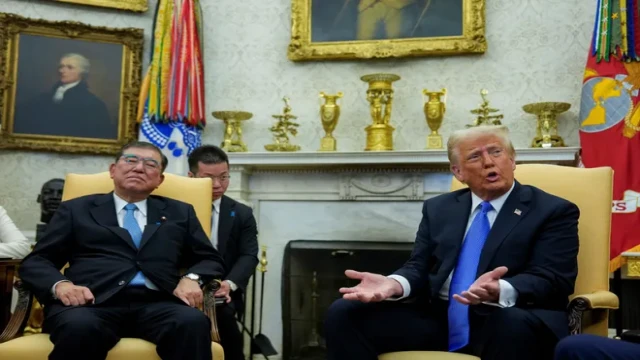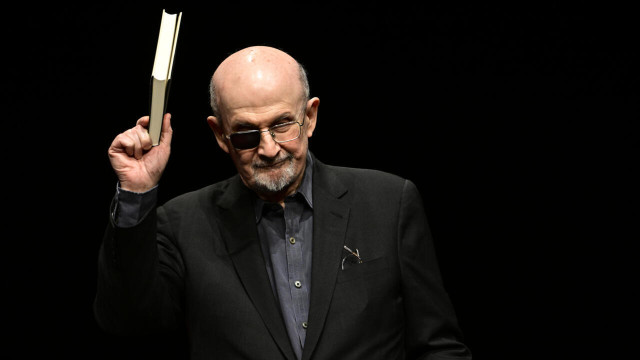London, Feb 6 (V7N) — The Bank of England (BoE) is widely expected to cut its key interest rate on Thursday in an effort to boost weak economic growth, despite elevated inflation concerns.
Analysts anticipate a 0.25 percentage point reduction, bringing the rate to 4.50%—the third cut in six months.
The move comes as the UK economy stagnates, with signs of a weak labor market.
“The BoE is likely to justify the move, even though inflation remains above target, due to a sluggish economy and a softening job market in recent months,” said Kathleen Brooks, research director at XTB trading group.
UK inflation fell to 2.5% in December but still sits above the BoE’s 2% target. The central bank's decision comes amid concerns over US tariffs, with President Donald Trump threatening new levies on British exports.
The UK’s economic outlook faces further uncertainty due to Trump’s ongoing tariff war. While he has imposed tariffs on China and threatened the EU, Britain has not been spared from potential trade restrictions.
Analysts worry that such tariffs could push inflation higher—which might force the BoE to rethink future rate cuts.
The Bank of England’s decision follows a mixed approach from other major central banks:
- The US Federal Reserve held rates steady last week.
- The European Central Bank cut eurozone rates in response to slowing growth.
A rate cut would help mortgage holders by lowering borrowing costs but would hurt savers as banks pass on lower interest rates.
Britain’s Labour government, which took office in July, is under pressure to revive economic growth as stagnation persists.
The UK’s economic troubles date back to record-high inflation—which hit 11% in 2022—driven by energy and food shortages from the Russia-Ukraine war and post-pandemic supply chain disruptions.
As the BoE announces its decision, all eyes will be on how it balances inflation risks with the urgent need for growth.































Comment: